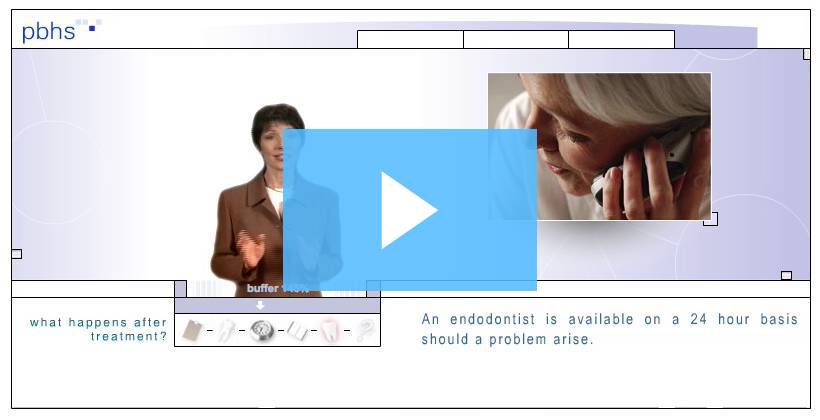Dental Specialties
What is an Oral and Maxillofacial Surgeon (OMS)? Oral and maxillofacial surgeons are dentists specializing in surgery of the mouth, face and jaws. After four years of dental school, surgeons receive four to seven years of hospital-based surgical and medical training, preparing them to do a wide range of procedures including all types of surgery of both the bones and soft tissues of the face, mouth and neck. What is a Periodontist? Periodontists are dentists who specialize in the diagnosis and treatment of periodontal (gum) disease. They have had extensive training with two additional years of study after dental school. As specialists they devote their time, energy and skill to helping patients care for their gums. A periodontist is one of the eight dental specialists recognized by the American Dental Association. Why is your dentist referring you to a Periodontist? Your dentist has determined that your gums require special attention. The periodontist and dentist work together as a team to provide you with the highest level of care. They will combine their experience to recommend the best treatment available to you while keeping each other informed on your progress. By referring you to the specialist, your dentist is showing a strong commitment to your dental health. What is an Endodontist? The Endodontist examines, diagnoses and treats diseases and destructive processes, including injuries and abnormalities of dental pulps and periapical tissues of the teeth. Endodontists examine patients and interpret radiographs and pulp tests to determine pulp vitality and periapical tissue condition. They evaluate their findings and prescribe a method of treatment to prevent loss of teeth. What is a Prosthodontist? The prosthodontist examines and diagnoses disabilities caused by loss of teeth and supporting structures. They formulate and execute treatment plans for the construction of corrective prostheses to restore proper function and esthetics of the mouth, face, and jaw. What is a Pediatric Dentist? A pediatric dentist has at least two additional years of training beyond dental school. The additional training focuses on management and treatment of a child’s developing teeth, child behavior, physical growth and development, and the special needs of children’s dentistry. Although either type of dentist is capable of addressing your child’s oral health care needs, a pediatric dentist, his or her staff, and even the office décor are all geared to care for children and to put them at ease. If your child has special needs, care from a pediatric dentist should be considered. What is an Orthodontist? An orthodontist prevents and treats mouth, teeth, and jaw problems. Using braces, retainers, and other devices, an orthodontist helps straighten a person’s teeth and correct the way the jaws line up. Orthodontists treat kids for many problems, including having crowded or overlapping teeth or having problems with jaw growth and tooth development. These tooth and jaw problems may be caused by tooth decay, losing baby teeth too soon, accidents, or habits like thumb sucking. These problems can also be genetic or inherited. So why would you go to the Orthodontist? Your dentist or one of your parents might recommend it because they see a problem with your teeth or jaws. Or a kid who doesn’t like the way his or her teeth look might ask to see an orthodontist.
Read More







